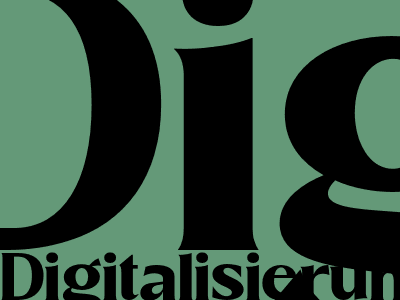
Digitalisation needs digital communication
What is digitalisation?
Digitalisation is the process of converting analogue information into digital form. This can be done with a variety of technologies, such as scanning, digitising, and coding. Digitalisation has many benefits, including:
- Improved accuracy and efficiency
- Increased storage capacity
- Enhanced accessibility
- Greater flexibility
Why is digital communication important for digitalisation?
Digital communication is essential for digitalisation because it allows for the transmission of digital information between different devices and systems. This is necessary for a variety of purposes, such as:
- Sharing data between different applications
- Transferring files between different devices
- Accessing information from remote locations
- Communicating with other people in real time
What are the benefits of using digital communication for digitalisation?
There are many benefits to using digital communication for digitalisation, including:
- Increased efficiency: Digital communication can help to improve efficiency by automating tasks and streamlining processes.
- Reduced costs: Digital communication can help to reduce costs by eliminating the need for paper-based communication and reducing the need for travel.
- Improved collaboration: Digital communication can help to improve collaboration by making it easier for people to share information and work together on projects.
- Greater flexibility: Digital communication can help to increase flexibility by allowing people to work from anywhere at any time.
How can you use digital communication for digitalisation?
There are many ways to use digital communication for digitalisation, including:
- Using email to share documents and communicate with colleagues
- Using instant messaging to communicate with colleagues in real time
- Using video conferencing to hold meetings and presentations
- Using cloud storage to store and share files
- Using social media to share information and connect with others
Conclusion
Digital communication is essential for digitalisation. It allows for the transmission of digital information between different devices and systems, which is necessary for a variety of purposes. There are many benefits to using digital communication for digitalisation, including increased efficiency, reduced costs, improved collaboration, and greater flexibility.
If you are not already using digital communication for digitalisation, I encourage you to start doing so today. It can help you to improve your efficiency, reduce your costs, improve your collaboration, and increase your flexibility.